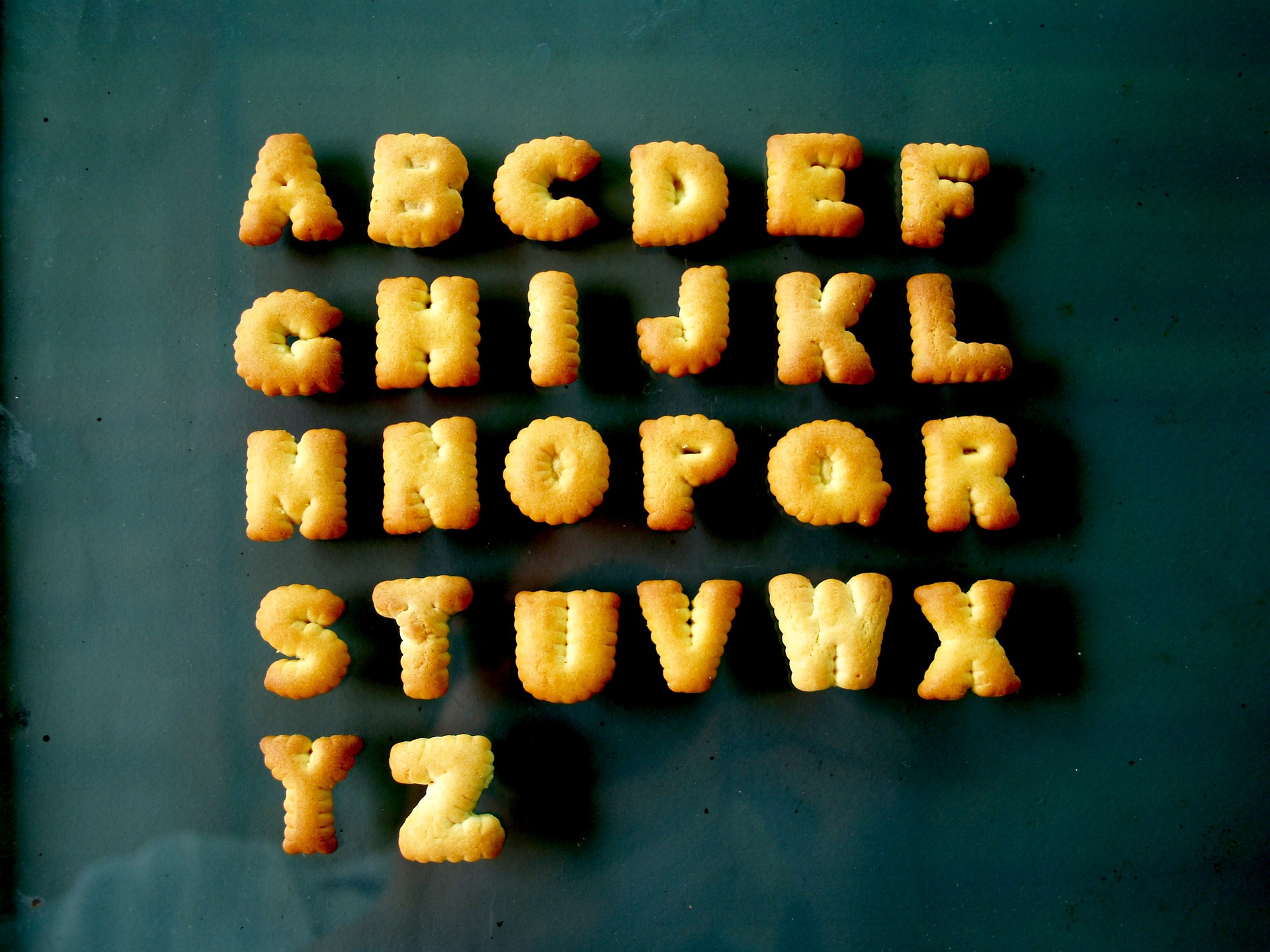The last couple of months have been exam focused for so many of our young people – whether it’s the primary school SATS, or GCSEs/A Levels or even university exams, they’ve all been in full force since May. This got us to thinking about one element of the testing process, particularly for those primary school-aged children: spelling. And more specifically, the spelling bee.
Over in the USA they have spelling bees where students compete against each other, specifically about their knowledge of spelling. In fact, just last month saw the final of the annual Scripps National Spelling Bee, a spelling journey that began with 11 million spellers eight months ago in classrooms across America. It’s become a pretty big deal over there too, and having been televised since 1946 the audience as become bigger and bigger too. As the competition level increases so does the difficulty of the words that the contestants are asked to spell, which inevitably throws up some very challenging words!
But where did the spelling bee come from?
The exact reason for calling the competition a “bee” unknown, but it’s commonly accepted that it’s connected to the activity of bees themselves, and how they behave – the fact that bees work on a common goal. The earliest printed reference to spelling bee dates back to 1825. The inaugural Scripps National Spelling Bee took place in 1925 and was won by Frank Neuhauser who correctly spelled gladiolus.
We thought we’d take a look at some of the other winning words that have cropped up throughout the years in the competition – how many could you spell? And how many did you know the meaning of?!
Koinonia
This was the winning word in 2018. According to Merriam-Webster (the unabridged dictionary that is the “bible” for the event) this word means an ”intimate spiritual communion and participative sharing in a common religious commitment and spiritual community.”
Marocain
2017’s winning word is another uncommon one. It means a “type of dress fabric or ribbed crepe.”
Gesellschaft and Feldenkrais
2016 was a year in which 2 contestants tied for first place with these two words.
Gesellschaft means “a rationally developed mechanistic type of social relationship characterized by impersonally contracted associations between persons”.
Feldenkrais is a “method of movement intended to increase bodily awareness and ease tension.”
Nunatak and Scherenschnitte
Another tie for first place year happened in 2015.
Scherenschnitte is the German word for “the art of paper cutting design.”
Nunatak is an Inuit word for “a kind of glacial island.”
We could go on!
What’s interesting is how many of these words find their origins in other languages. When the organisers behind the spelling bee select the words they that are used there are specific categories that are taken into account. They consider words that are derived from English, Greek and Latin. They also look at individual words that will be challenging but don’t necessarily form part of an overall theme.
So there you go! We had attempts by The Times to set up our own version of the spelling bee in the UK, but it didn’t ever take off in the same way. How good would you have been with spelling any of the words above?!

